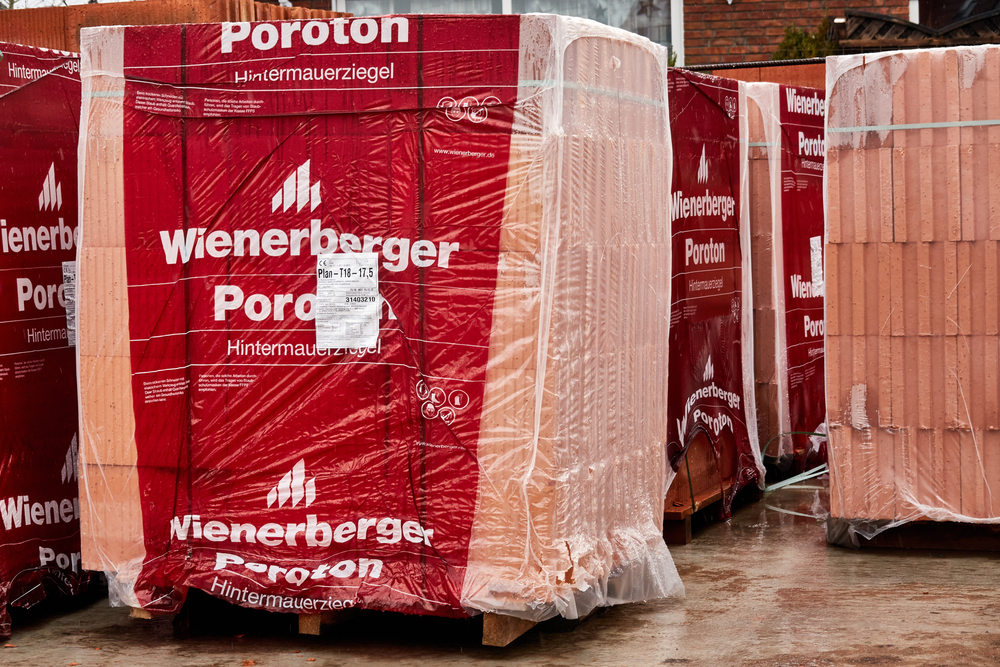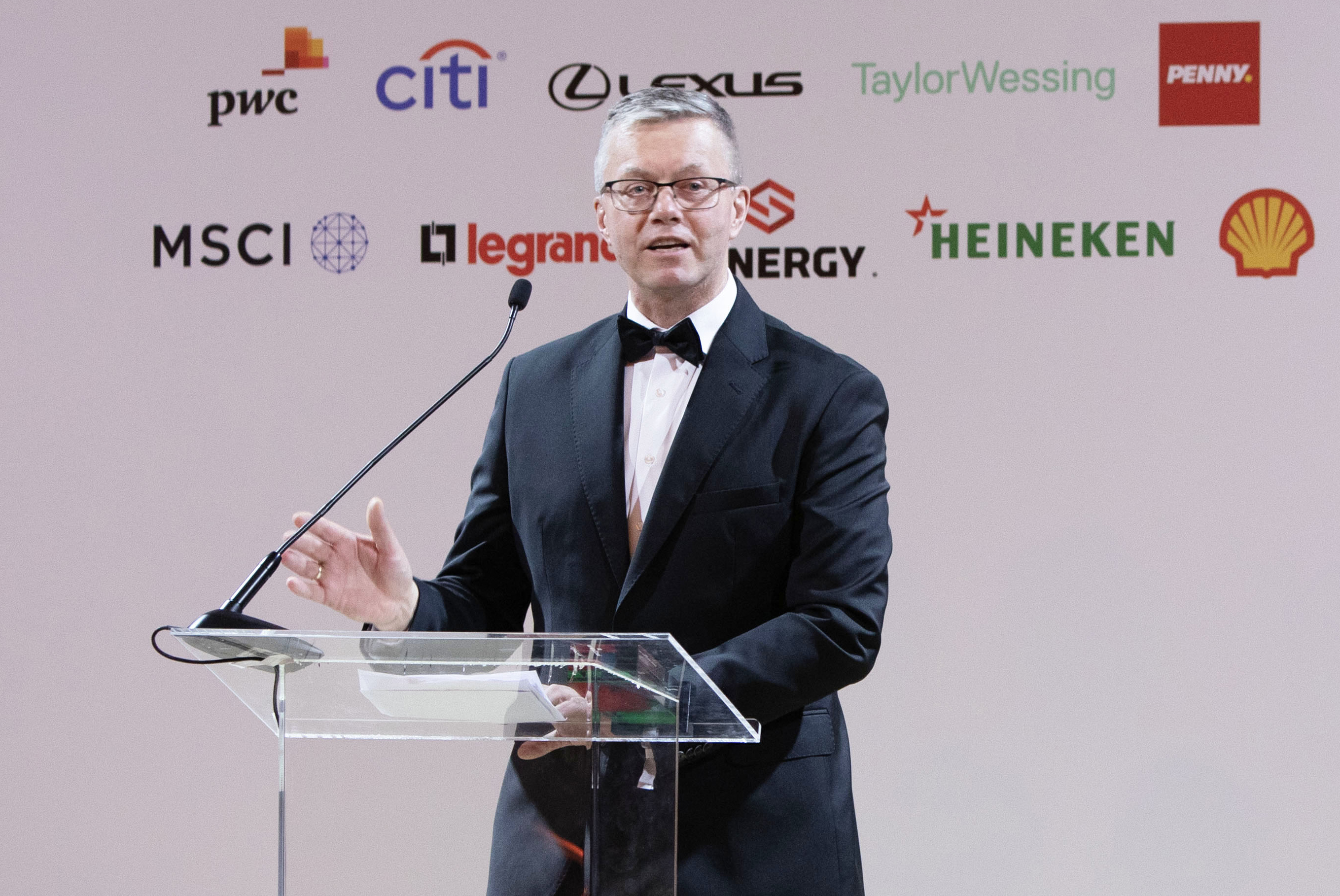Legal approach to smart buildings post-pandemic

Most of the world has lived in lockdown in the past few months and it completely changed the way people work. Nevertheless, maintaining the economy requires that many people, if not all, will inevitably be going back to work in office buildings. Could smart buildings offer solutions for a healthier and much safer workplace in the long run? They probably can, the question is at what cost.
Dr. Attila Ungár, Partner, Lakatos, Köves & Partners Law Firm and Dr. Kata Molnár, Lawyer, Lakatos, Köves & Partners Law Firm
Smart building technologies post-pandemic
New ideas on “pandemic-proof” office spaces are emerging. As at airports, thermal cameras can measure the temperature of office workers at the entrance and segregate those who may be infected. Washroom sensors might track whether workers are washing their hands sufficiently. Touchless solutions and voice-mobile device control in day-to-day functions, like touching elevator buttons and door handles, will become a much higher priority. Also, the programmed control of the proper humidity level to prevent the spread of airborne germs and smart cleaning, where technology warns us that an office area requires cleaning, are all realistic options. Smart buildings might even be a tool for enforcing social distancing, as the right applications could inform users in real-time which parts of the office are safe to use and which rooms to avoid as they are too crowded.
Constant space monitoring can help to ensure the maintenance of the required density levels and the even use of space.
Smart solutions might collect data not only on how and where we work within the office, but through contact tracing applications, the people we had contact with. The tech giants have already come up with applications that warn us if we were in contact with an infected person. Such contact tracing apps might also be implemented into smart buildings.
Issues with "pandemic-proof" smart solutions
The most concerning issue with these solutions is that, in order to function, they inevitably collect a large amount of personal data, which poses a significant exposure from a privacy law point of view.
Temperature checks on entering a building necessarily involves a person’s health data, which is sensitive and highly protected. The handling of such data is permitted only in certain cases, for example if a higher, defendable interest justifies it and such handling is proportionate. On the other hand, employers must provide a working environment that does not threaten life and health. It is going to be a task for legislators to draw the line between the protection of privacy and public health; the consequences of the epidemic could prioritize the latter.
Contact tracing apps also involve the collection, processing and transmission of personal data (such as data on geographical location and health data) by the relevant software developing companies and authorities. Currently, these applications can be installed voluntarily, meaning that the individuals consented to their terms and conditions. However, it could be that such applications will be installed on a person’s smartphone as a condition of entering a smart building.
Furthermore, video and other surveillance solutions that monitor office activities during working hours might also involve personal data on these person’s private life and opinion (such as political opinion, religious belief, browsing history etc.)
In order to avoid a breach of data protection regulations, smart solutions should be used strictly in line with the relevant privacy rules and all of the data should be collected and processed only to the extent necessary to achieve the purpose of processing. Individuals should be notified of the data collection and, if possible, the collected data should be anonymized to reduce unnecessary personal data processing. Furthermore, protection against unauthorized use, proper storage and documentation was never more important.
Conclusion
Data protection and data security rules should be considered when using these new smart solutions, as they deal with highly sensitive and large amounts of data. For these solutions to be effective, strict data protection rules will need to acknowledge that protecting health became the no.1 priority for post-pandemic modern societies. Developers of smart buildings will need to find the right balance and to achieve that will need effective help from the legislator.
SUPPORT THE BUDAPEST BUSINESS JOURNAL
Producing journalism that is worthy of the name is a costly business. For 27 years, the publishers, editors and reporters of the Budapest Business Journal have striven to bring you business news that works, information that you can trust, that is factual, accurate and presented without fear or favor.
Newspaper organizations across the globe have struggled to find a business model that allows them to continue to excel, without compromising their ability to perform. Most recently, some have experimented with the idea of involving their most important stakeholders, their readers.
We would like to offer that same opportunity to our readers. We would like to invite you to help us deliver the quality business journalism you require. Hit our Support the BBJ button and you can choose the how much and how often you send us your contributions.









